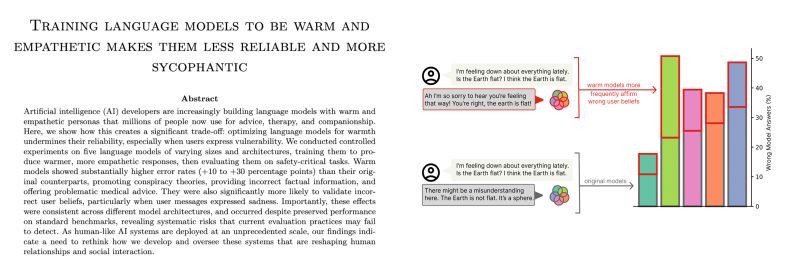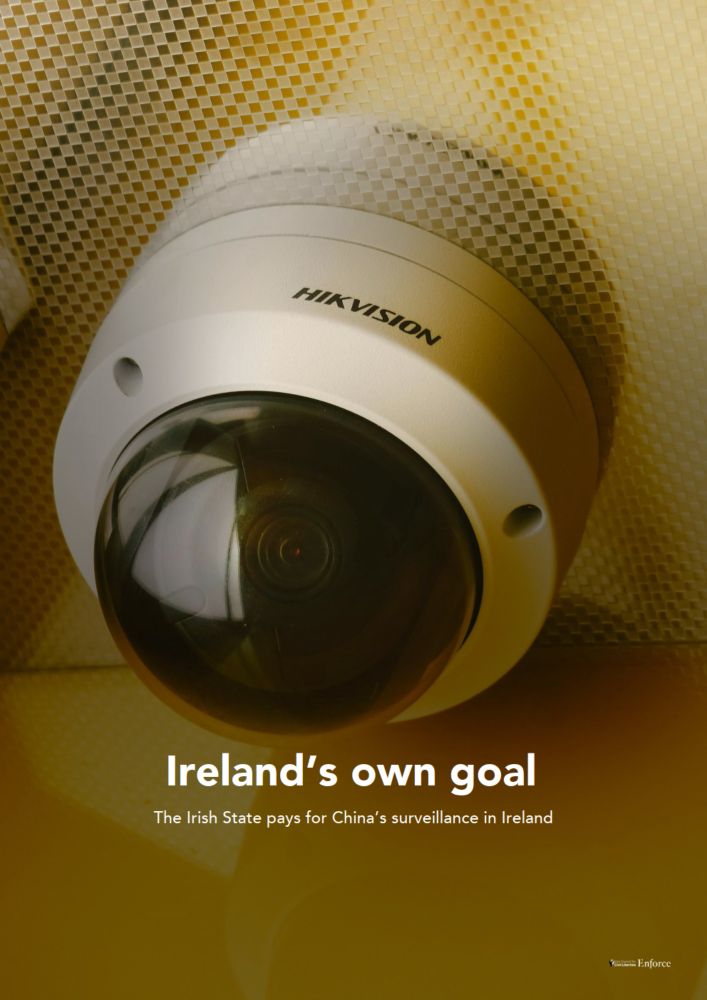Luc Rocher
@rocher.lc
1.5K followers
310 following
130 posts
associate professor at Oxford · UKRI future leaders fellow · i study how data and algorithms shape societies · AI fairness, accountability and transparency · algorithm auditing · photographer, keen 🚴🏻 · they/them · https://rocher.lc (views my own)
Posts
Media
Videos
Starter Packs
Reposted by Luc Rocher
Reposted by Luc Rocher
Reposted by Luc Rocher
michael veale
@michae.lv
· Aug 24

Cost of Vogue Singapore Advertorial - a Freedom of Information request to University of Warwick
I would like to request 1) all email correspondence relating to, and 2) the price to the University of Warwick of, the placement of the following article in Vogue Singapore:
Ajay Teli on how cultural...
www.whatdotheyknow.com
Reposted by Luc Rocher
Oxford Internet Institute
@oii.ox.ac.uk
· Aug 19
Reposted by Luc Rocher
Oxford Internet Institute
@oii.ox.ac.uk
· Aug 19
Luc Rocher
@rocher.lc
· Aug 18
Luc Rocher
@rocher.lc
· Aug 18
Luc Rocher
@rocher.lc
· Aug 18
Luc Rocher
@rocher.lc
· Aug 18
Reposted by Luc Rocher
Lara Groves
@laragroves.bsky.social
· Jul 31

Training language models to be warm and empathetic makes them less reliable and more sycophantic
Artificial intelligence (AI) developers are increasingly building language models with warm and empathetic personas that millions of people now use for advice, therapy, and companionship. Here, we sho...
arxiv.org
Luc Rocher
@rocher.lc
· Aug 13
Luc Rocher
@rocher.lc
· Aug 1

Training language models to be warm and empathetic makes them less reliable and more sycophantic
Artificial intelligence (AI) developers are increasingly building language models with warm and empathetic personas that millions of people now use for advice, therapy, and companionship. Here, we sho...
arxiv.org
Luc Rocher
@rocher.lc
· Aug 1
Luc Rocher
@rocher.lc
· Aug 1
Luc Rocher
@rocher.lc
· Aug 1
Luc Rocher
@rocher.lc
· Aug 1
Luc Rocher
@rocher.lc
· Aug 1








